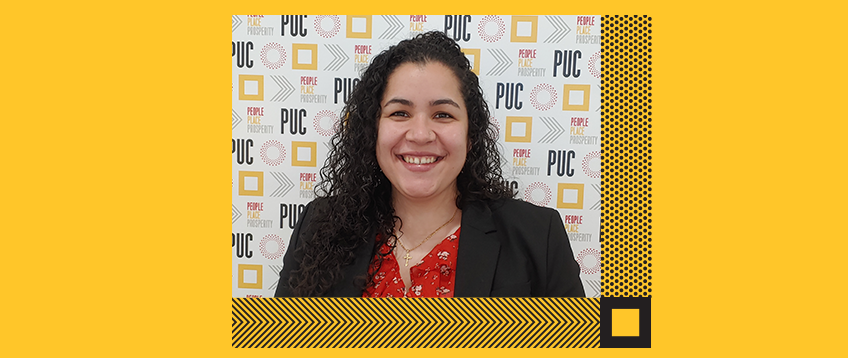MINNEAPOLIS, Minn. — Pillsbury United Communities has named Samantha Diaz as its new Director of the Office of Public Charter Schools (OPCS).
In this role, Samantha will provide oversight and evaluation for all charter schools authorized by Pillsbury United Communities—supporting the operations, compliance, and efficacy of existing and prospective charters within the Pillsbury United network.
Additionally, Samantha will facilitate the OPCS’ ongoing work of developing a “community of practice” within the charter school sector, deepening best practices around authorizing standards; building awareness of policy shifts impacting the sector; and developing collaborative approaches to achieve the best educational experience for all students.
“Samantha is a fierce advocate for Black and brown children, with a deep commitment to equity and accountability,” said Adair Mosley, President & CEO of Pillsbury United Communities. “Given her immense knowledge of charter schools and policy, she was the ideal candidate to lead the continuing evolution of the OPCS in developing new and pioneering authorizing practices.”
Samantha previously served as Associate Authorizer Liaison for the OPCS and most recently served as the Education Legislation & Policy Director at the Minnesota Council on Latino Affairs. Prior to Samantha’s work in Minnesota, she served as Legislative Director for the Chairman of the Health, Human Services and Senior Citizen Committee in the New Jersey State Legislature. She received her Master’s in Public Administration at Baruch College – Austin W. Marxe School of Public and International Affairs, and a Bachelor’s degree in History at Kean University. Samantha is also an alumni of the National Urban Fellows leadership development program.
The OPCS authorizes 20 public charter schools throughout the state of Minnesota, including sites throughout the Twin Cities Metro, and in Rochester and St. Cloud. These schools are designed so that the children and families whose needs are not being met by traditional public schools have access to relevant education that supports each student’s personal, social, and academic achievement.




